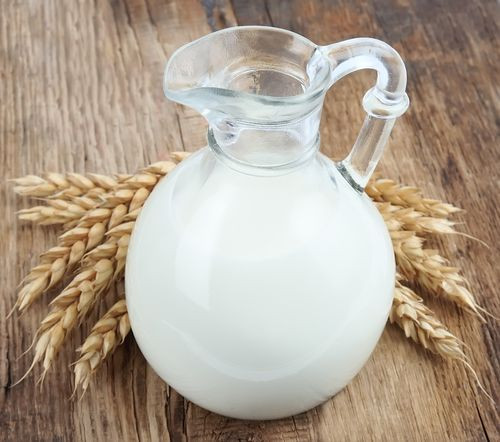Is Lactose Intolerance Relieved By Raw Milk? Scientists Find These Claims Untrue

When your body does not have enough lactase, an enzyme necessary for digestion of the natural sugar found in milk and other dairy products, you are said to be lactose intolerant. Now, a new study comparing pasteurized milk and raw milk, which some people claim can reduce symptoms of the condition, finds that raw milk fails to reduce lactose intolerance symptoms. “These data do not support the widespread claim that raw milk confers benefits in reducing the discomfort of lactose intolerance,” wrote the authors at the conclusion of their research published in Annals of Family Medicine.
Nearly 30 percent of Americans are considered to have problems digesting milk and milk products, though some groups are more prone than others. In particular, 90 percent of Asian-Americans and 80 percent of African-Americans are said to be lactose intolerant, while far fewer Americans of northern European descent are bothered by this condition. Older adults as well are more likely to be troubled than those who are younger. Anywhere from 30 minutes to two hours after eating dairy products, a lactose intolerant person will develop stomach cramps and diarrhea, the two symptoms that must be present for an official diagnosis. These symptoms result from a buildup of gas caused by undigested lactose, the natural raw sugar found in milk.
To see whether raw milk can reduce symptoms of lactose intolerance, Stanford researchers enrolled 16 adults with confirmed lactose intolerance and lactose malabsorption. Each participant drank three types of milk for eight days each: organic whole raw milk, organic whole pasteurized milk, and plain soy milk. The raw milk was an organic, grade A whole milk produced by Organic Pastures; the pasteurized milk was an organic, grade A whole milk produced by Horizon Organic; and the soy milk was organic, Soy Dream Original Classic brand produced by the Hain Celestial Group. Each eight-day treatment phase was preceded by a washout phase of one week during which time the participants avoided dairy and lactose-containing products.
What did the researchers discover? “Raw milk failed to reduce lactose malabsorption or lactose intolerance symptoms compared with pasteurized milk among adults positive for lactose malabsorption,” wrote the authors. “Although other health benefit claims for raw milk are plausible, such claims remain similarly anecdotal and unsubstantiated and should be subjected to appropriately designed controlled trials.” Take-home nugget? Beware the anecdotal claim.
Source: Mummah S, Oelrich B, Hope J, Vu Q, Gardner C. Effect of Raw Milk on Lactose Intolerance: A Randomized Controlled Pilot Study. Annals of Family Medicine. 2014.



























